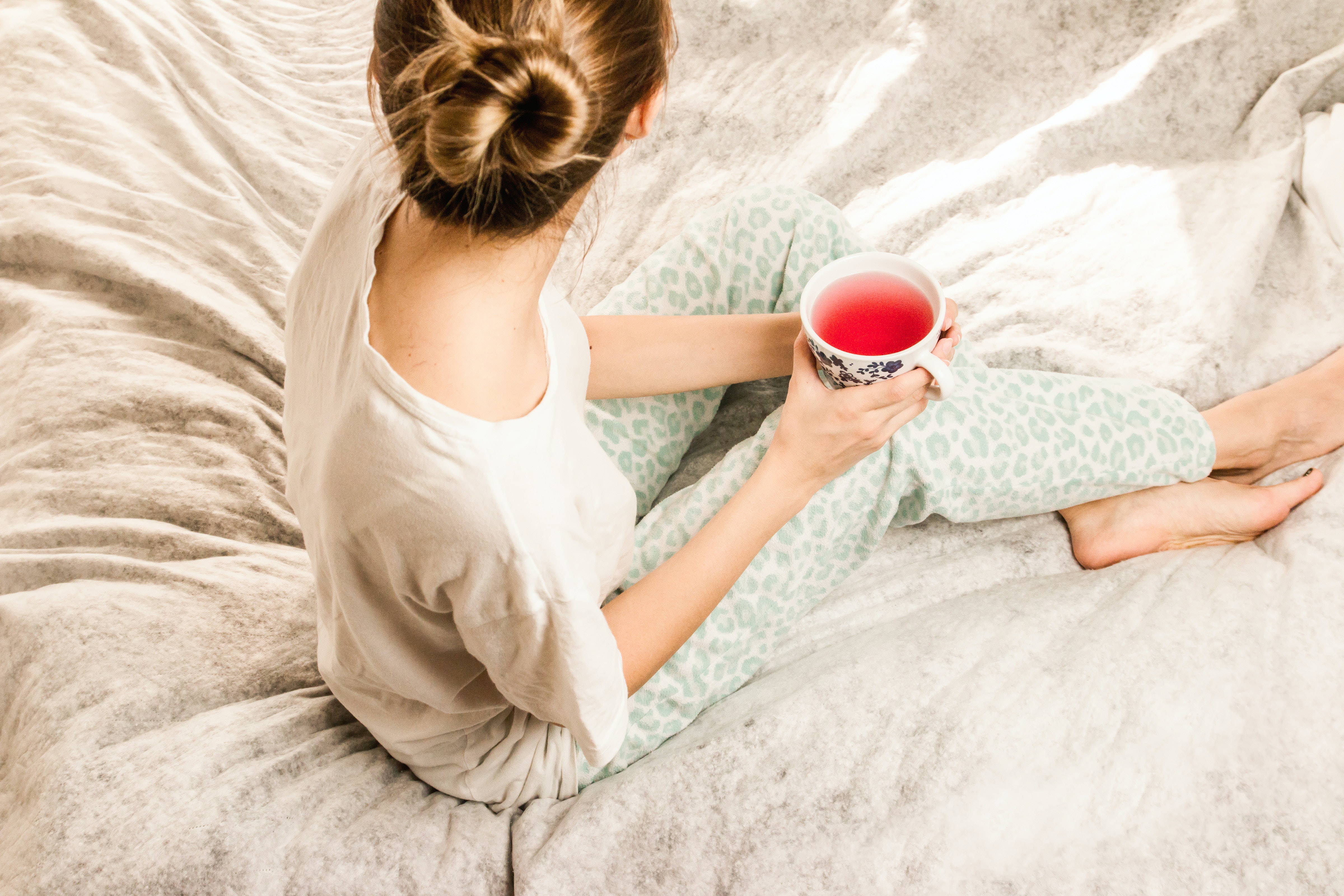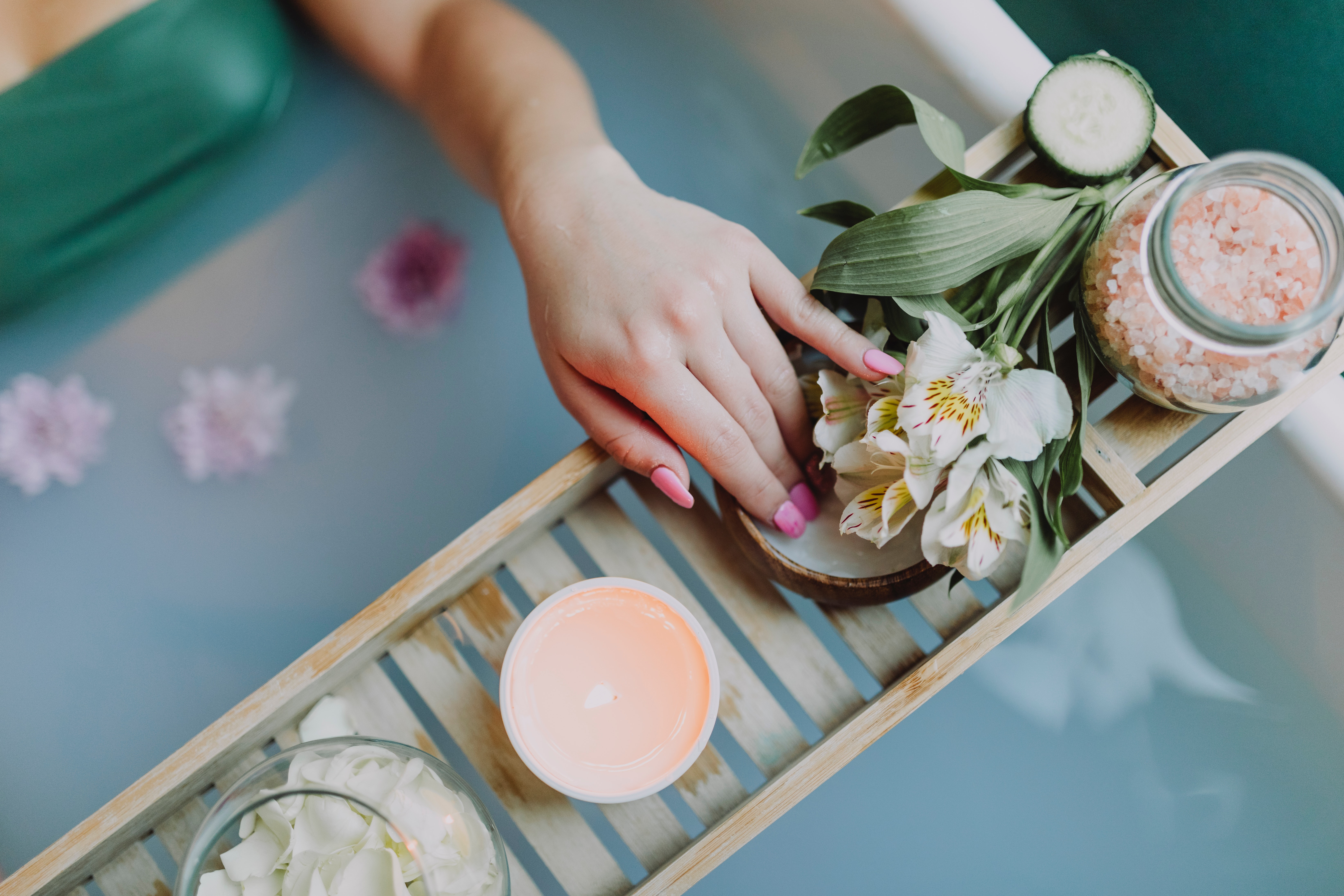The practice of massage therapy is one of these long-standing customs. It improves our physical, mental, and emotional well-being on all three levels. When you think about getting one, picture a splendid service you treat yourself to once a year, perhaps on a spa vacation. But how often should you get a massage?
Regular massages are the only way to reap their long-term advantages. There are no set restrictions on how frequently you can have massages, but a massage therapist may be able to advise you on the frequency and duration that will work best for you. Massages for injuries are often administered more regularly than for pampering or relaxation.
You should treat yourself to massages more frequently if your finances allow it. Demanding jobs, long commutes, and eight hours a day spent bent over computers are traits of today’s society, all of which exacerbate poor posture. Stress and poor posture can cause chronic illnesses to develop over time, such as low mood, trouble sleeping, and neck and back pain. All of these issues can be resolved with regular massages.
How Many Times Should I Get A Massage

How often should you get one to maintaining good health is a question people often ask . Your pain level and physical, emotional, and economic needs will determine the optimal course of action. The best thing to do is get massages frequently.
Even if you’re getting a massage once a week or every two weeks sounds lovely, it might not always be realistic. Years of damage cannot be undone with a single session.
With these benefits beginning to accumulate as your frequency increases, you’ll feel better about your body and happier.
If You’re An Athlete
You might want to book appointments a little more frequently than average while preparing for a marathon.
You may maintain your fitness level and recover more quickly from an event or competition by getting a massage once or twice weekly. To stay in peak form, serious athletes may need two or more workouts per week.
For Personal Needs
Sometimes managing or reducing your stress is all you need to do. A massage is an excellent approach to declining physical and mental strain, whether caused by family commitments, work stress, or other physical or mental demands.
For Stress Relief
Regular Swedish therapy helps to control blood pressure, lowers cortisol levels, and reduces stress. A relaxing massage’s benefits are typically felt right away. Relaxation massage significantly improves bad mental health since it makes the client feel more at ease and less anxious.
Furthermore, you can get one for the following reasons as well,
- If you’re pregnant: biweekly.
- If you have insomnia: weekly.
- If you spend more than 40 hours a week at a desk: biweekly or monthly.
- If you’re injured and working: weekly or biweekly.
- If you experience chronic pain: weekly or biweekly.
The benefits of getting a massage
Many people consider getting a massage as part of their self-care routine. However, massages provide much more than simply a temporary boost. Every type —and there are many—is excellent for our bodies’ overall wellness.
You may preserve your physical, mental, and emotional well-being by getting regular massages. You can regain a sense of connection with your body through massage therapy.
Numerous massage therapies are offered to alleviate everyday physical aches and pains brought on by excessive time spent at desks, on the field, or as a result of injuries.
Every massage style has a different set of health advantages. Because of this, it’s crucial to understand the type and style that best meets your needs.
Let’s talk about the significant benefits of routine massage therapy.
Reduces Stress And Anxiety
According to studies, regular massages can considerably lessen the cortisol released into the body, minimizing these adverse effects and promoting the serenity and relaxation vital to our mental health and welfare. It’s unlikely that you will ever be able to eliminate stress from your life, but you should still try to do so. There are several benefits to including massage in your stress-reduction plan.
Lowers Back Pain
Lower back pain is among the most frequent causes for which patients seek massage treatment. The lower back can cause impairment in addition to a few days of lost productivity. The best part is that lower back discomfort can be relieved with massage therapy. In addition to assisting you in identifying the source of your back discomfort, a massage therapist can offer advice on how to prevent it.
Improves Blood Circulation
After a massage, blood circulates through clogged blood vessels, bringing metabolic waste from interior organs. The hands exert pressure on the body to move the blood through painful and congested areas, which is the crucial way a massage encourages improved circulation. When the same force is released, the tissues start receiving new blood.
Improves Breathing Issues
Your first breath on the massage table may convert into a sigh of relief because relaxed breathing is one of the quickest ways to reduce stress. Your ribs, chest, and neck muscles all assist with breathing in addition to your diaphragm. As you become more relaxed throughout the massage and your breathing becomes more even and expansive, the massage therapist can move into tight muscles to release those that help to breathe.
Bottom line
Each body is diverse and has its requirements. Try to make an appointment for a massage as soon as you suspect you might rather than waiting until you need one. Your massage therapist can help you if you’re still unsure.
FAQs
How much water to drink after a massage?
Water is the most effective way to assist the body in effectively cleansing itself of harmful pollutants, and drinking 1-1.5 liters of water after treatment is typically advised, depending on the time of day.
How much water to drink after deep tissue massage?
To achieve our fundamental needs, it is recommended that we drink half of our body weight in fluids each day. A person weighing 200 pounds must consume 100 ounces (3 liters) of water daily. Depending on their degree of activity and where they are, a person may need to drink more than this quantity.
How much water to drink after a sports massage?
Be sure to drink eight glasses of water daily; if your pee is clear, you can be sure you are getting enough water. If you already know how to stay hydrated, feel free to have an additional 3–4 glasses of water after a massage.

